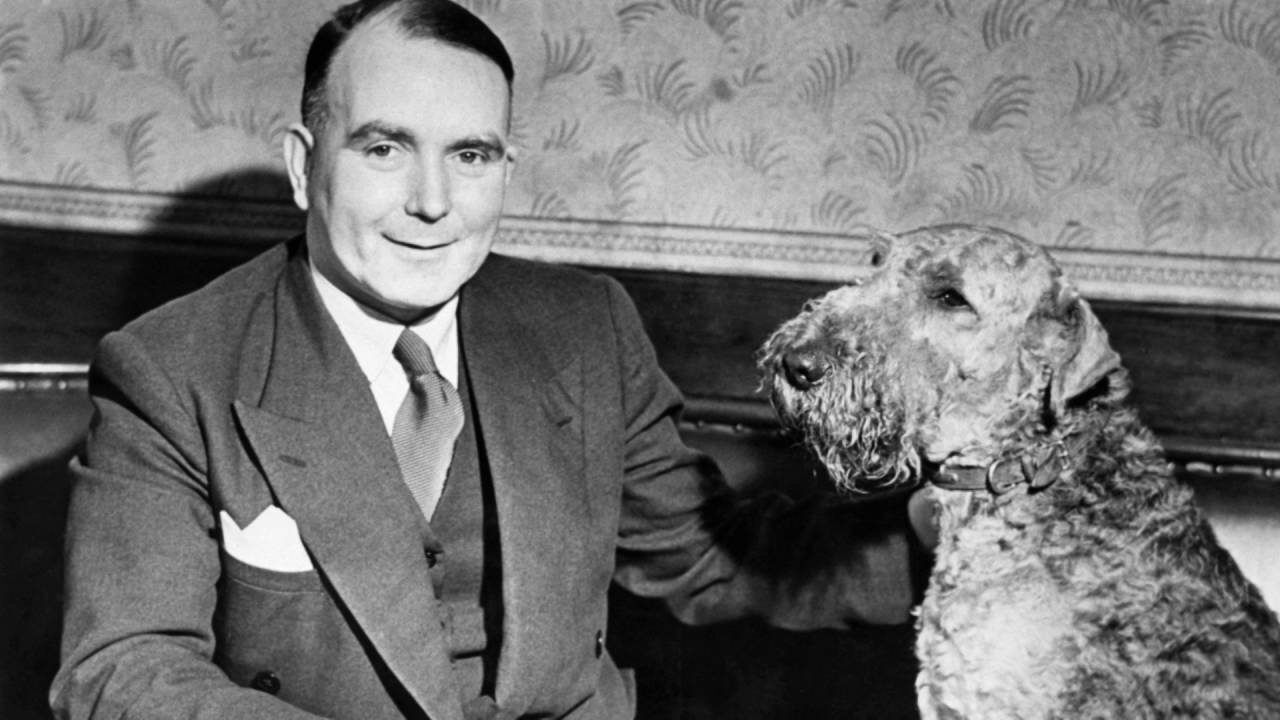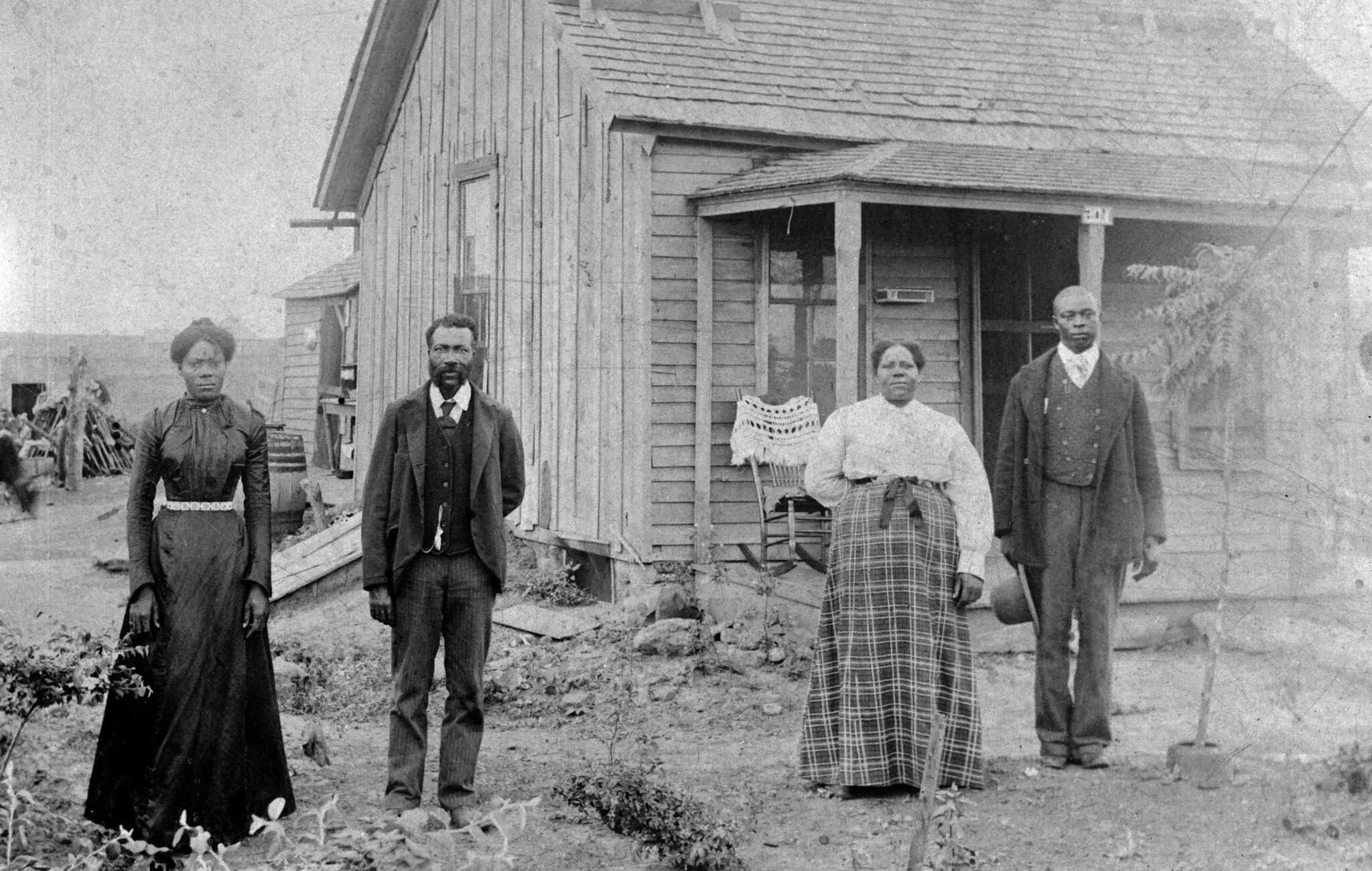
Albert Pierrepoint is a name that might not ring a bell for everyone, but his story is both intriguing and chilling. Who was Albert Pierrepoint? He was one of the most famous British executioners, responsible for carrying out over 400 executions during his career. Born in 1905, Pierrepoint followed in the footsteps of his father and uncle, making execution a family trade. His meticulous nature and commitment to his work earned him a reputation for efficiency and professionalism. Despite the grim nature of his job, Pierrepoint believed in the dignity of those he executed, treating them with respect in their final moments. His life raises questions about justice, morality, and the human capacity for compartmentalization.
Key Takeaways:
- Albert Pierrepoint, a famous British executioner, had a family history in the execution business and aspired to be the most humane executioner in history from a young age.
- Despite his controversial career, Albert Pierrepoint's legacy extends beyond his profession, impacting society and criminal justice, and sparking debates about the death penalty and ethics of execution.
Early Life and Background
Albert Pierrepoint, one of the most famous British executioners, had a life filled with intriguing details. Let's dive into some lesser-known facts about his early years and background.
- Born on March 30, 1905, in Clayton, West Yorkshire, England, Albert Pierrepoint came from a family with a history in the execution business.
- His father, Henry Pierrepoint, and uncle, Thomas Pierrepoint, were both executioners, making it a family tradition.
- As a child, Albert was fascinated by his father's profession and often expressed a desire to follow in his footsteps.
- He attended Throstle Carr School in Clayton, where he was known for his quiet demeanor and studious nature.
- At the age of 11, Albert wrote in a school essay that he wanted to become the "most famous and most humane executioner" in history.
Career Beginnings
Albert's journey into the world of execution began in his early twenties. Here are some key moments from the start of his career.
- Albert Pierrepoint was officially appointed as an assistant executioner in 1932.
- His first execution as an assistant was that of gangster Patrick McDermott at Mountjoy Prison in Dublin.
- In 1941, he was promoted to Chief Executioner after the retirement of his uncle, Thomas Pierrepoint.
- During World War II, Albert executed several Nazi war criminals, gaining international recognition.
- He was known for his meticulous preparation and attention to detail, ensuring that each execution was carried out swiftly and humanely.
Notable Executions
Albert Pierrepoint's career included many high-profile executions. Let's look at some of the most notable ones.
- One of his most famous executions was that of Ruth Ellis, the last woman to be hanged in the United Kingdom, in 1955.
- He also executed John George Haigh, known as the "Acid Bath Murderer," in 1949.
- Another significant execution was that of Derek Bentley, a controversial case that led to debates about the death penalty in the UK.
- Albert was responsible for the execution of Timothy Evans, who was later found to be innocent, leading to further scrutiny of capital punishment.
- He executed over 200 Nazi war criminals, including Josef Kramer, the "Beast of Belsen," and Irma Grese, known as the "Hyena of Auschwitz."
Personal Life
Despite his grim profession, Albert Pierrepoint had a personal life filled with interesting facts and anecdotes.
- Albert married Anne Fletcher in 1943, and they remained together until his death.
- He owned a pub called "Help the Poor Struggler" in Oldham, where he was known as a friendly and sociable landlord.
- Albert was a talented singer and often entertained patrons at his pub with renditions of popular songs.
- He was known for his love of gardening and spent much of his free time tending to his garden.
- Despite his profession, Albert was a strong advocate for the abolition of the death penalty later in life.
Legacy and Impact
Albert Pierrepoint's legacy extends beyond his career as an executioner. His life and work have had a lasting impact on society and the criminal justice system.
- Albert Pierrepoint is estimated to have carried out between 400 and 600 executions during his career.
- His autobiography, "Executioner: Pierrepoint," published in 1974, provides a detailed account of his life and career.
- Albert's meticulous records and detailed notes on each execution have been valuable resources for historians and researchers.
- He was portrayed by Timothy Spall in the 2005 film "Pierrepoint: The Last Hangman," which brought his story to a wider audience.
- Albert's career and the cases he was involved in have been the subject of numerous books, documentaries, and academic studies.
Controversies and Criticisms
Albert Pierrepoint's career was not without controversy. Here are some of the criticisms and debates surrounding his work.
- The execution of Timothy Evans, who was later found innocent, raised questions about the reliability of the justice system.
- Albert's role in the execution of Derek Bentley, who had a mental age of 11, sparked debates about the ethics of executing individuals with intellectual disabilities.
- Some critics argue that Albert's involvement in the execution of Nazi war criminals was a form of "victor's justice."
- Despite his advocacy for the abolition of the death penalty, some viewed his career as contradictory to his later beliefs.
- Albert's meticulous approach to execution was both praised for its humanity and criticized for its clinical detachment.
Later Years and Death
Albert Pierrepoint's later years were marked by reflection and a shift in his views on capital punishment.
- After retiring in 1956, Albert focused on running his pub and writing his autobiography.
- He became an outspoken critic of the death penalty, arguing that it did not serve as a deterrent to crime.
- Albert's views on capital punishment were influenced by his experiences and the wrongful executions he witnessed.
- He lived a quiet life in retirement, avoiding the public eye and media attention.
- Albert Pierrepoint passed away on July 10, 1992, at the age of 87, leaving behind a complex and controversial legacy.
Reflecting on Albert Pierrepoint's Legacy
Albert Pierrepoint's life was a complex blend of duty and controversy. As one of Britain's most prolific executioners, he carried out over 400 executions, including some of the most infamous war criminals. Despite the grim nature of his work, Pierrepoint believed in the importance of justice and the rule of law. His meticulous approach and professionalism set him apart in a role few could handle. Yet, his later years showed a man who questioned the very system he once served. This duality makes his story both fascinating and thought-provoking. Understanding Pierrepoint's life offers a unique glimpse into a dark yet significant chapter of history. His legacy, marked by both duty and doubt, continues to spark debate and reflection.
Frequently Asked Questions
Was this page helpful?
Our commitment to delivering trustworthy and engaging content is at the heart of what we do. Each fact on our site is contributed by real users like you, bringing a wealth of diverse insights and information. To ensure the highest standards of accuracy and reliability, our dedicated editors meticulously review each submission. This process guarantees that the facts we share are not only fascinating but also credible. Trust in our commitment to quality and authenticity as you explore and learn with us.


